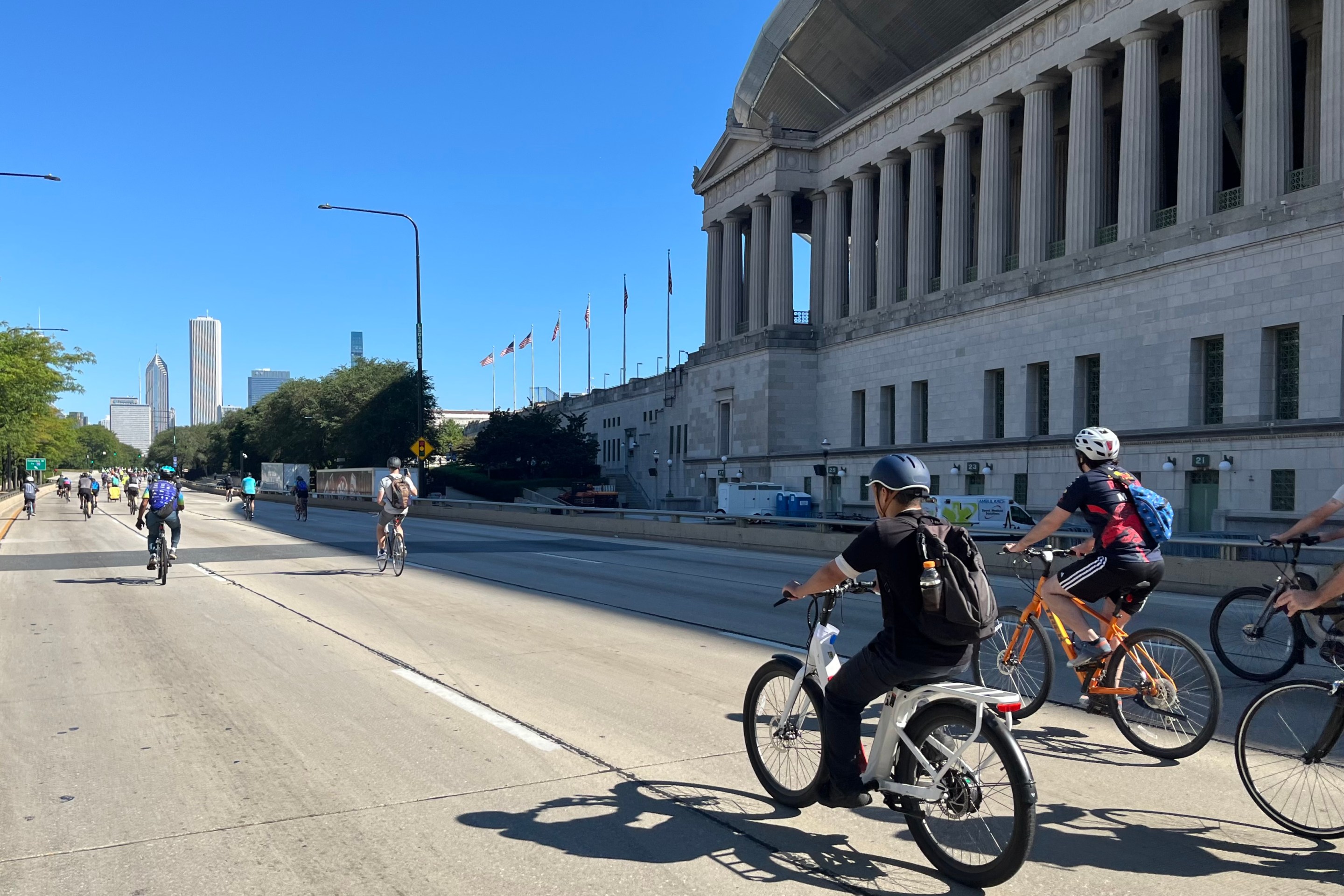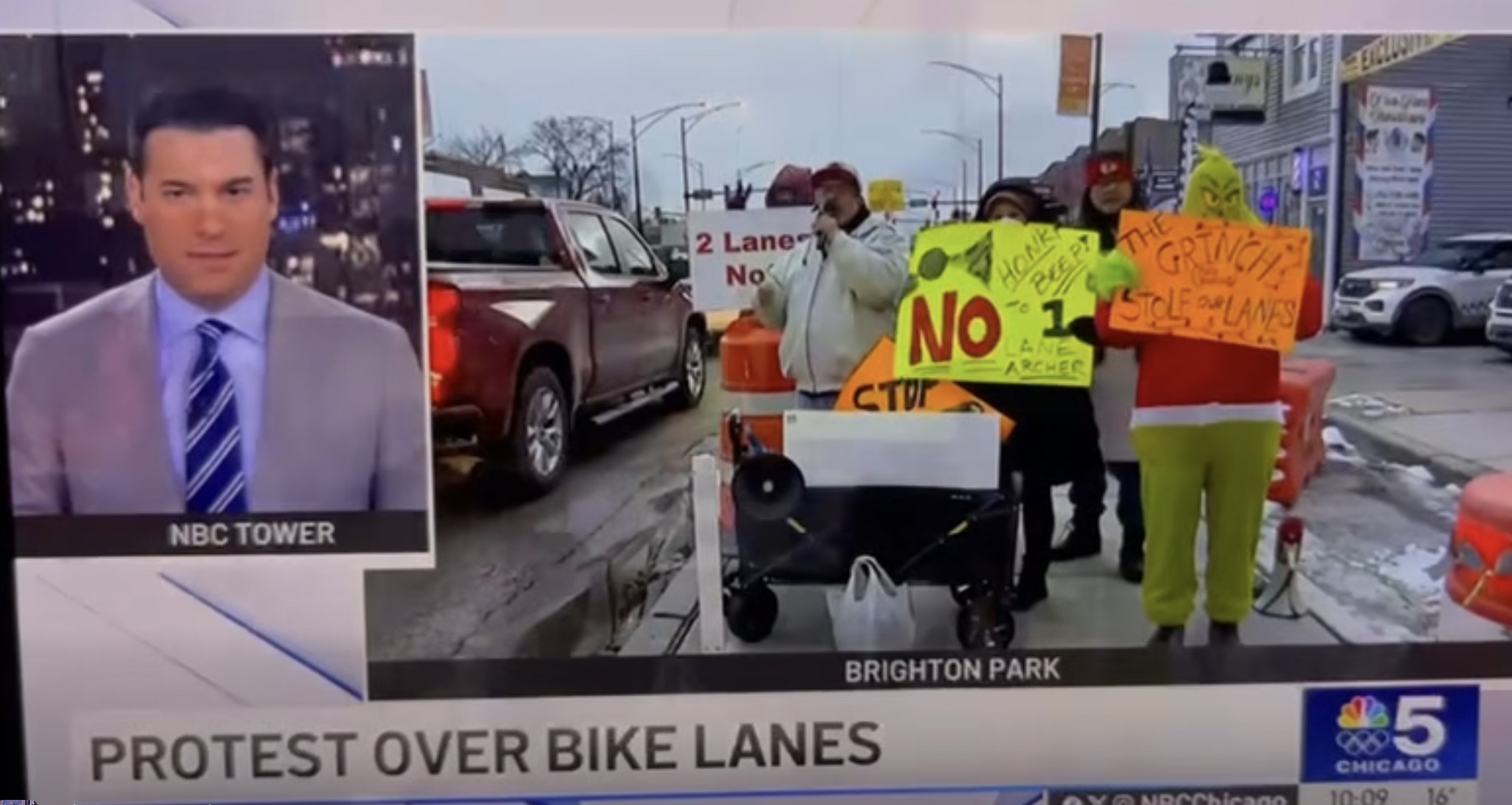
Kids playing at Atlanta’s Centennial Olympic Park. Photo: Curtis Palmer
In Atlanta, the regional planning commission recently created a “millennial advisory committee” in response to lackluster retention of young college grads. Bradley Calvert at Family Friendly Cities notes that the agency should be even more alarmed by the drop in the population of kids in the city:
Between 2000 and 2010 nearly 12,000 children plus their parents left the City of Atlanta, a loss of almost 12.5% of the under 18 population. In Midtown Atlanta and Downtown Atlanta the rate was double with nearly 25% of residents under the age of 18 leaving. Meanwhile, from 2000 to 2012 the number of college graduates between 25 and 34 increased by only 3%, besting only Cleveland and Detroit of the 51 largest metros. This created interesting conversation in blogs, the local newspaper, and other interested parties in Atlanta. In an age where young professionals are flocking to our cities, nearly every major metropolitan region outperformed Atlanta. The response? Questions were raised on livability, transportation, and amenities. And now the Atlanta Regional Commission (ARC) is forming a task force, a Millennial Advisory committee. Atlanta’s response to losing nearly 25% of its children? Not a thing.
This is by no means an attempt to isolate Atlanta or their regional planning commission as the only city and planning agency guilty of the allure of the young professional and neglecting to consider the needs of families. There are many cities across the country that have or are facing the same dilemma of losing families to competing cities. And Atlanta has made tremendous strides to improve livability while attempting to correct years of uncontrolled sprawl. But zeroing in on young professionals, as the savior of our cities, has become the only strategy of many cities, while not giving full consideration to their livability for all residents.
To the Atlanta Regional Commission’s credit the report gives a nod to those with children and it expands its millennial definition to include those up to 39 years of age, which are prime parenthood years. They also briefly discuss the need to create environments that will remain attractive for today’s current 20 somethings as they age and have children and acknowledge the need for quality parks and education for children. What is unfortunate is that these important topics become lost in a larger conversation on young professionals, and make up very little of the greater conversation on the city’s long-term livability. This diminishes the importance of issues such as education, parks, and right-sized housing, basing their importance on the priorities of a group of citizens that may or may not share the same values. The needs of families and children should not be imbedded and dependent on a conversation directed for others.
Elsewhere on the Network today: Human Transit relays a study from the Institute for Transportation and Development Policy showing the tremendous growth of bus rapid transit across the globe. Greater Greater Washington reports that Arlington, Virginia, is considering a sidewalk-level protected bike lane. And Transportation for America says the maximum tax benefit for transit commuters will likely be equalized with the maximum for car commuters until the end of the year, but after that, there are no guarantees.





